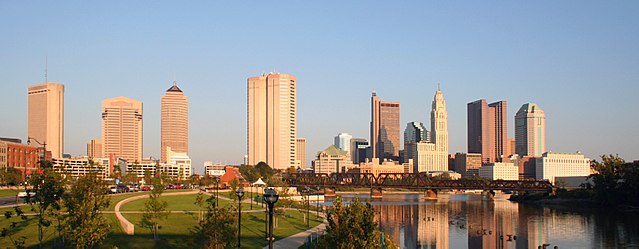 Software Freedom Conservancy, a nonprofit I serve on the board of, today announced a supporter program.
Software Freedom Conservancy, a nonprofit I serve on the board of, today announced a supporter program.
There’s plenty of info at the previous links, so I’ll just add four notes:
- Since Karen Sandler started as executive director earlier this year, Conservancy has been doing especially great work for its member projects (and some exciting new ones will be coming on board in the next months; if you lead a free software project, look at info on becoming a member) and is becoming even more the thought leader in both reactionary and progressive (I’m not using those terms to mark ideology here) strategies for software freedom (the italicized modifiers are there because Conservancy was already doing great work, and Sandler had been involved from the very beginning has a volunteer).
- Conservancy’s free software non-profit accounting project did not meet its funding goal last year, so progress this year has been slow. It’s still an important project and a successful supporters program will help free up and add resources to move it forward.
- Because this is the time of year end appeals (I’ll probably mention a few others in passing shortly), it’s worth noting that Bradley Kuhn (Conservancy’s president and distinguished technologist, but this is one of his many volunteer efforts) is the primary maintainer of a repository of tax filings and other data for free/open organizations. Most of this information can be found somewhere on the web, but not conveniently. Patches welcome (I’d enjoy a dedicated website, and worldwide coverage). Conservancy itself has a page with its filings and a couple explanatory posts.
- Didn’t I just a few days ago promote a sort of meta service for free/libre/open projects, Snowdrift.coop? Yes, but it and Conservancy are rather different on multiple dimensions. Snowdrift.coop is a crazy speculative crowdfunding platform. Conservancy is a fiscal sponsor (plus), an old and well understood model that emphasizes administration and stewardship rather than (confusingly to many people, given “fiscal” and “sponsor”) fundraising. Conservancy is able to process donations for member projects (taking a very reasonable 10% cut). If Snowdrift.coop were to become a well-established mechanism for collecting donations to free/libre/open projects such that Conservancy member projects demanded to use the Snowdrift.coop mechanism, I imagine it would be natural for Conservancy to process such funds for its projects. But, this is speculative.
Christopher Allan Webber also says that donating to Conservancy is a real bang for your buck.



